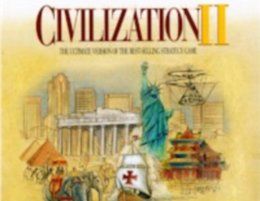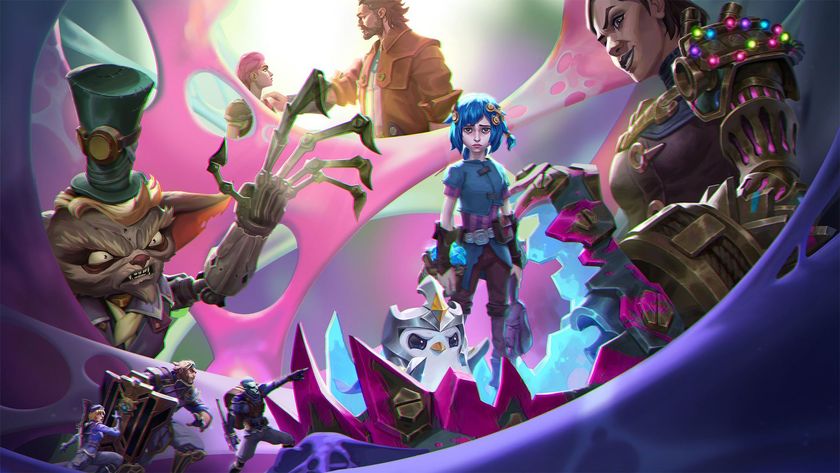Computer learns meaning of words with Civilization II and wins
Machine-learning system achieves 79 percent rate of victory with strategy game’s manual

My word processor can tell me if I’ve misspelled a word. Computers handle language as data all the time – and do it quite well. But although my copy of Microsoft Word can recognize and highlight something like “Schwarzeneger” with a red squiggly line, it doesn’t understand the meaning of that word or what it signifies – and it certainly won’t comprehend complete sentences, instructions, or any memorable one-liners about how “it’s not a tumor.”
But recent research at MIT’s Computer Science and Artificial Intelligence Lab has demonstrated that computers can analyze words, derive meaning from those words, and follow a set of instructions to perform a task. In this case, a special machine-learning system was able to achieve a 79 percent rate of victory in Civilization II against the game’s AI opponents using instructions from the manual.
“Games are used as a test bed for artificial-intelligence techniques simply because of their complexity,” explains S.R.K. Branavan, author of research paper “Learning to Win by Reading Manuals in a Monte-Carolo Framework,” to MIT News. “Every action that you take in the game doesn’t have a predetermined outcome, because the game or the opponent can randomly react to what you do. So you need a technique that can handle very complex scenarios that react in potentially random ways.”
The impressive feat isn’t that the MIT machine-learning system was able to beat Civilization II’s in-game AI; the big deal is that it was able to do it from scratch by interpreting and learning the meaning of words from what associate professor Regina Barzilay describes as the “very open text” in videogame instruction manuals. “They don’t tell you how to win. They just give you very general advice and suggestions, and you have to figure out a lot of other things on your own,” explains Barzilay.
You can read Branavan’s paper, which was presented at this year’s Association for Computational Linguistics (ACL) meeting, here.
July 14, 2011
Source:MIT News
The impressive feat isn’t that the MIT machine-learning system was able to beat Civilization II’s in-game AI; the big deal is that it was able to do it from scratch by interpreting and learning the meaning of words from what associate professor Regina Barzilay describes as the “very open text” in videogame instruction manuals. “They don’t tell you how to win. They just give you very general advice and suggestions, and you have to figure out a lot of other things on your own,” explains Barzilay.
You can read Branavan’s paper, which was presented at this year’s Association for Computational Linguistics (ACL) meeting, here.
Sign up to the GamesRadar+ Newsletter
Weekly digests, tales from the communities you love, and more
July 14, 2011
Source:MIT News












